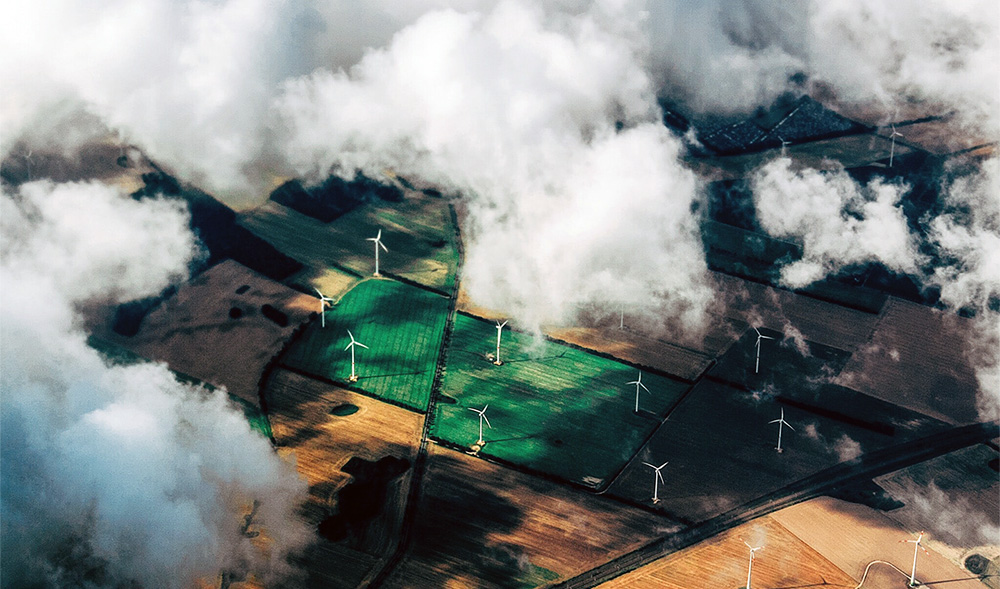
(RNS) — Let’s talk about returning to normal. COVID-19 cases are dropping across the United States, vaccination rates are increasing, and slowly but surely, we’re beginning to shed some of the heavy burden that we’ve collectively been carrying for more than a year now.
But truthfully, returning to normal is a mirage, at least if normal includes how the U.S. economy operates.
Josh Dickson, senior adviser for faith engagement at the White House, recently joined the Friends Committee on National Legislation for our Thursdays with Friends discussion (which you can watch on YouTube here).
RELATED: The American Rescue Plan is welcome relief for faith communities
As we outlined what a truly just recovery from the pandemic might look like, Josh said something that really spoke to me: “This is no time to build back to the way that things were. This is the moment to reimagine and rebuild a new economy.”
It is an opportune moment for change. As Quakers on Capitol Hill, our advocacy flows from the belief in the inherent dignity and worth of each person. Our economy, as currently structured, does not reflect that belief. Even before the pandemic, the income gap between Black households and white households was more than $23,000, and the net worth of a typical white family was almost ten times that of a Black family. As a result there is more inequality in the U.S. than in any of our G7 peer nations.
We cannot be content with that. And we don’t have to be.
Right now, as the recovery effort begins in earnest, we are presented with a once-in-a-generation opportunity to drastically change the wellbeing of millions of Americans. The pandemic laid bare some of our largest flaws as a nation — our recovery can serve as an opportunity to address those flaws and create something better.

Fields are covered with windmills. Photo by Thomas Richter/Unsplash/Creative Commons
That starts with the American Jobs Plan and the American Families Plan. Together, these two packages aim to rejuvenate infrastructure and bolster and expand the social safety net. The price tag seems hefty — in late May, the president proposed a $6 trillion budget driven in large part by these bills — but it would be paid for by reforms to make the tax code more equitable. Simply put, these are critical investments at a critical time.
Take, for instance, the recently expanded Earned Income Tax Credit and Child Tax Credit. Even though these were expanded only for 2021, this investment in people could cut child poverty in half. The American Families Plan would extend those expansions, lifting millions of families out of poverty. Also included are monumental investments in childcare, education and paid family leave.
The American Jobs Plan, meanwhile, would address the country’s infrastructure needs while expanding access to renewable energy, fostering job growth, and accelerating our transition to a low-carbon economy. In sum, the bill is an indisputable step forward in creating a just response to the climate crisis.
These pieces of legislation are not perfect, and they won’t cure all our ills. But, when viewed through the lens of our faith, we believe they represent a significant movement toward genuine transformation in a society with greater equity and justice, in communities where people’s potential can be fulfilled. Friends carry this prophetic vision and hope for our society — for people everywhere and for our planet.
RELATED: Protecting the climate is loving our neighbor
As Congress deliberates crucial recovery packages, these are the values that will power our lobbying and engagement with lawmakers. And we take comfort in the fact that we’re joined by other faith groups who seek a more inclusive economy, a more just society and a more sustainable earth. People across our country — from different faith backgrounds or from no particular faith — agree that this is a moment worth seizing for assuring every life is valued.
The path ahead for these bills is long, and the poisonous partisanship of our current moment is sure to raise difficulties. But, with an open heart and a firm vision of a more just future, we will do all we can to ensure their passage.
(Diane Randall is the general secretary of the Friends Committee on National Legislation, a national, nonpartisan Quaker lobby for peace, justice and the environment. The views expressed in this commentary do not necessarily reflect those of Religion News Service.)
